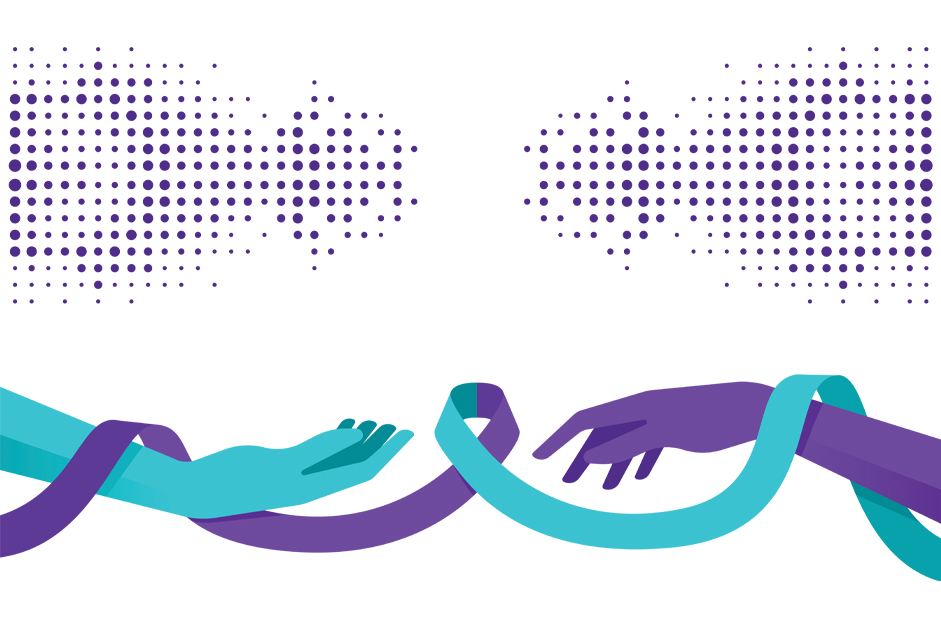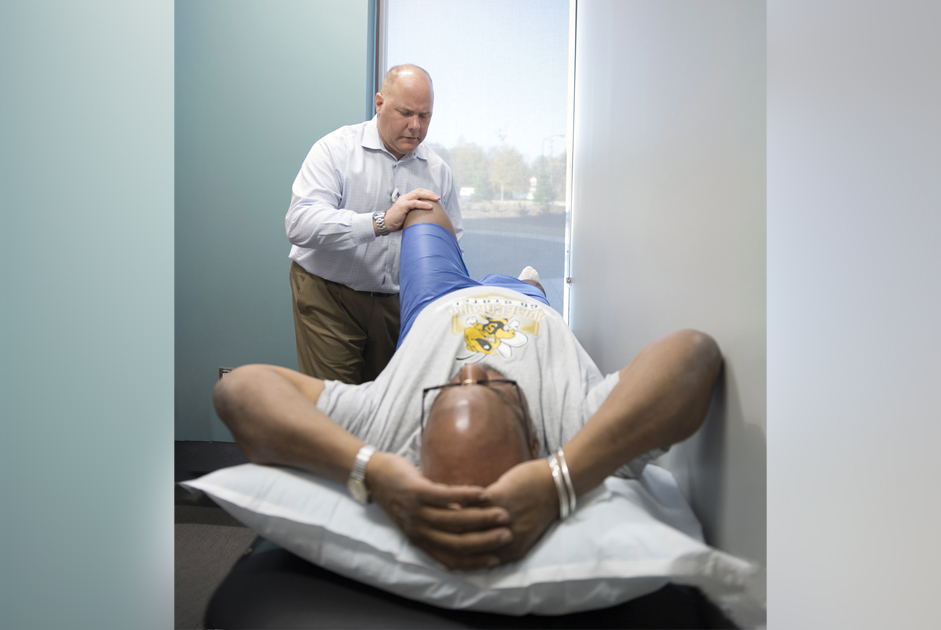Watching television is good entertainment, right? Especially in today’s time, with television shows that span many social groups, cultures, religions, and circumstances. With so many different representations, there is a television show for every individual to identify with, whether it is fiction or reality. But can such a leisure pursuit have our minds and emotions too involved, to the point where we feel as though we live to watch our favorite shows?
TOO EMOTIONALLY INVOLVED?
It seems today that people are glued to television shows more than ever before. Why? Perhaps it’s because of the current trends and the political climate that give way to controversial television shows. Perhaps it’s because the dynamics of some shows parallel the times we’re living in, making them more relatable. Perhaps because it’s giving more cultures, subgroups, and demographics a light and a platform. Perhaps it’s because there are more attractive faces on television that we just cannot look away from. Or, simply, it’s because the drama is getting more exciting and the coarse language more unapologetic (which, unfortunately, brings in more viewers). Television is competing with the excitement of real life, and right now it’s winning.
When we watch our favorite shows, we likely go through many emotions. And with television being much more entertaining and intense now, we invest more energy. For instance, watching a drama series with a terminally ill character will leave us in tears or with our heart racing to see if they’re going to make it alive. To the same degree, when we watch television shows that contain characters with more interesting lives than our own, we become guilty of vicarious living—living through other people for personal fulfillment. We feel those characters’ joy from success, and pain due to heartbreak as our own (on the plus side, though, this can help us develop empathy for others, but too much of anything is unhealthy).
Just as avid readers become so immersed in a novel that they become emotionally attached to fictional characters, passionate television lovers become quite attached to their favorite characters as well. When this happens, we allow our emotional contentment to rely upon whether that beloved character succeeds or fails at the end of each episode.
WHAT ARE WE MISSING?
Those who are too emotionally involved in fictional televised lives are likely missing out on finding the same fulfillment in their own lives. I personally like to say, “It’s a job to keep up with television nowadays!” I say this because television producers create so much addictive entertainment with many intense shows running during the same season. Today’s television gives us so much excitement, drama, plots, and characters to follow and keep up with, and we are the ones who make the decision whether or not to engage in it.
When it comes to watching television, most of us struggle with “FOMO”—the “Fear Of Missing Out.” We may feel as though we’re missing out on the most hyped- up scenes and plots when we miss an episode, but what we are really missing out on is what is going on in the world. Television can distract us from real life happenings that require our attention and action.
POWER OFF!
There are ways to “power off” and lessen our emotional involvement with television:
Watch only what you need to,not what you want to. It’s hard to discern the difference, but there are television shows that are more entertaining, while others are more informative and practical. For instance, sitcoms and sports are more entertaining, while talk shows and news channels are more informative.
Remove all TV influences from your smart devices, such as the YouTube app and Netflix. No “TV dinners.” Make dinner a time for social connection, not television scoping.
Try not to wake up watching television or fall asleep with it on. This is the quickest way to develop the habit; also falling asleep with the TV on makes us more tired in the morning.
Just think, “If my life were a TV show, would anyone want to watch it?” This question will make you reflect on what you are missing out on in your life. Are you the main agent of your life, or does television do the job? You choosewhere your emotional involvement goes.




















